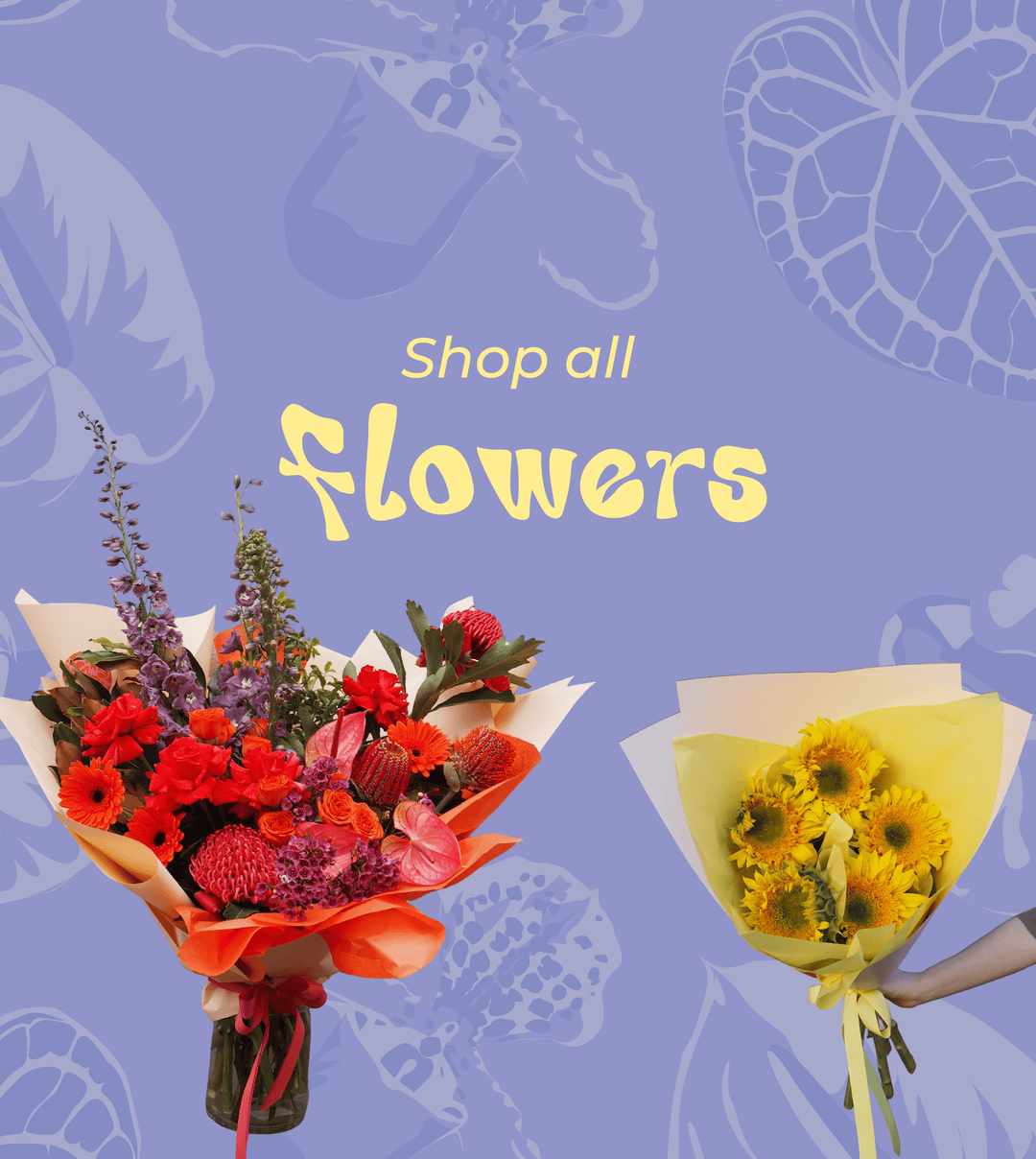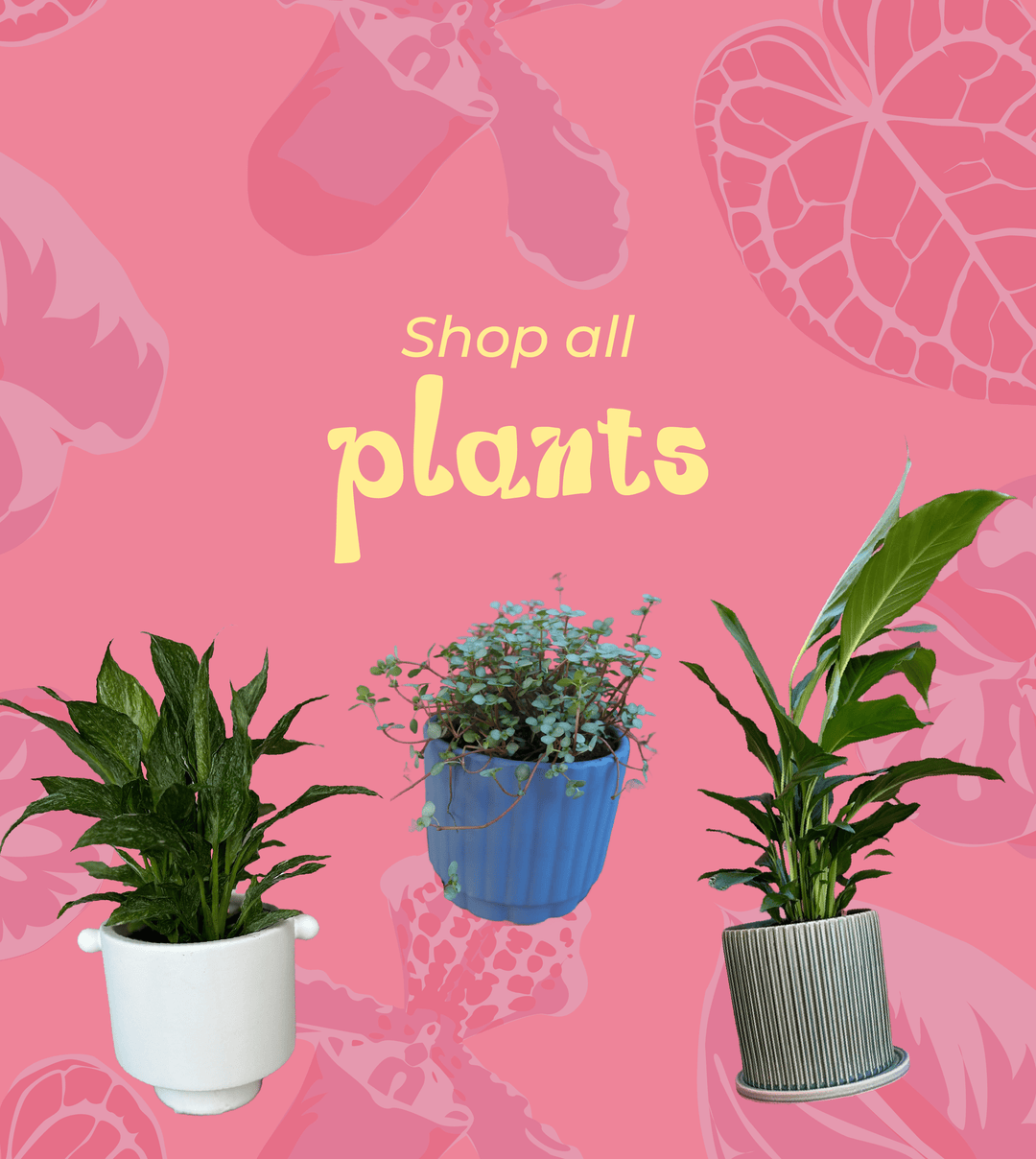I imagine most of us have experienced the difficulties of putting ‘all of the feels’ into words. It might be because there’s a language barrier, or simply that the right words don’t seem to exist. And while a well penned card can certainly be a wonderful addition to a beautiful floral gift, there are also times when it feels appropriate to simply let the flowers do the talking. After all, the giving of a gift is in itself a message of love, caring or thanks. But for those of you who want to make your messages (stated or tacit) a little more specific, we thought we’d share some of the individual meanings and symbolisms of a few of EEFM’s favourite flowers.
Chrysanthemums
Originally from China, these vibrant, full flowers grow in autumn. The word Chrysanthemum comes from Chrysos, meaning gold, and Anthemon, meaning flower, and while they have a number of different meanings, it’s unsurprising that many of them are cheerful. Chrysanthemums are said to symbolise friendship, support for family and loved ones, good luck, life and rebirth (especially the birth of a child), long life, loyalty and devotion, making them a fantastic choice for a huge range of occasions.

Daisies
Daisies originate from Europe, but are now found everywhere on the earth, except for Antarctica. The word daisy is thought to mean Day’s Eye in Old English, which may be why it is such a champion of virtue, symbolising innocence, purity and positive perspectives. In Norse mythology, daisies are the sacred flower of Freya, the goddess of love, beauty and fertility, and consequently are often given as a celebration of childbirth, motherhood and new beginnings.

Proteas
Proteas originate from South Africa. There is a wide variety of types of Proteas, so it makes sense that the name comes from the Greek god Proteus, who was able to change his form at will. King Proteas, which are the national flower of South Africa, get their name from their crown shaped petals. Proteas are incredible flowers which have elements of both strength and softness and represent change, transformation and hope.

Alstromeria
Native to South America, and sometimes known as Peruvian lilies, Alstromeria are delicate yet surprisingly long-lasting flowers. Alstro is available in an array of colours. Each stem boasts multiple blooms, and the fact that they are representative of friendship and devotion make then a wonderful addition to bouquets for friends and loved ones.

Peonies
Peonies are native to Asia, Europe and Western North America. There are many different ideas about where Peonies take their name from, most of which come from Greek Mythology. One of the more popular ideas suggest that they are named after a particular Greek Myths in which a very promising student of medicine, named Paeon, was transformed into a beautiful flower as punishment for showing more promise than his teacher. Peonies also have a wide range of meanings, though are commonly associated with honour, romance, beauty, prosperity and timidness. Some people also believe they act as a good luck charm, bringing good fortune to the receiver.

Sunflowers
Wild sunflowers are originally from North America, but it was in Russia that commercialisation of this flower took place. Looking at these bright, vibrant and downright cheerful flowers, it’s obvious how they got their name. Much like their sunny appearance, the various meanings associated with Sunflowers are equally warming. They are said to symbolise happiness, adoration, loyalty and longevity.

Perhaps you’ll want to revisit some of these ideas when you’re next in store, or ordering online! But if not, even without specific meanings or symbolisms, we think giving flowers sends a pretty wonderful message, and we love that we get to be a part of that process.
Cheers,
Rosie X





